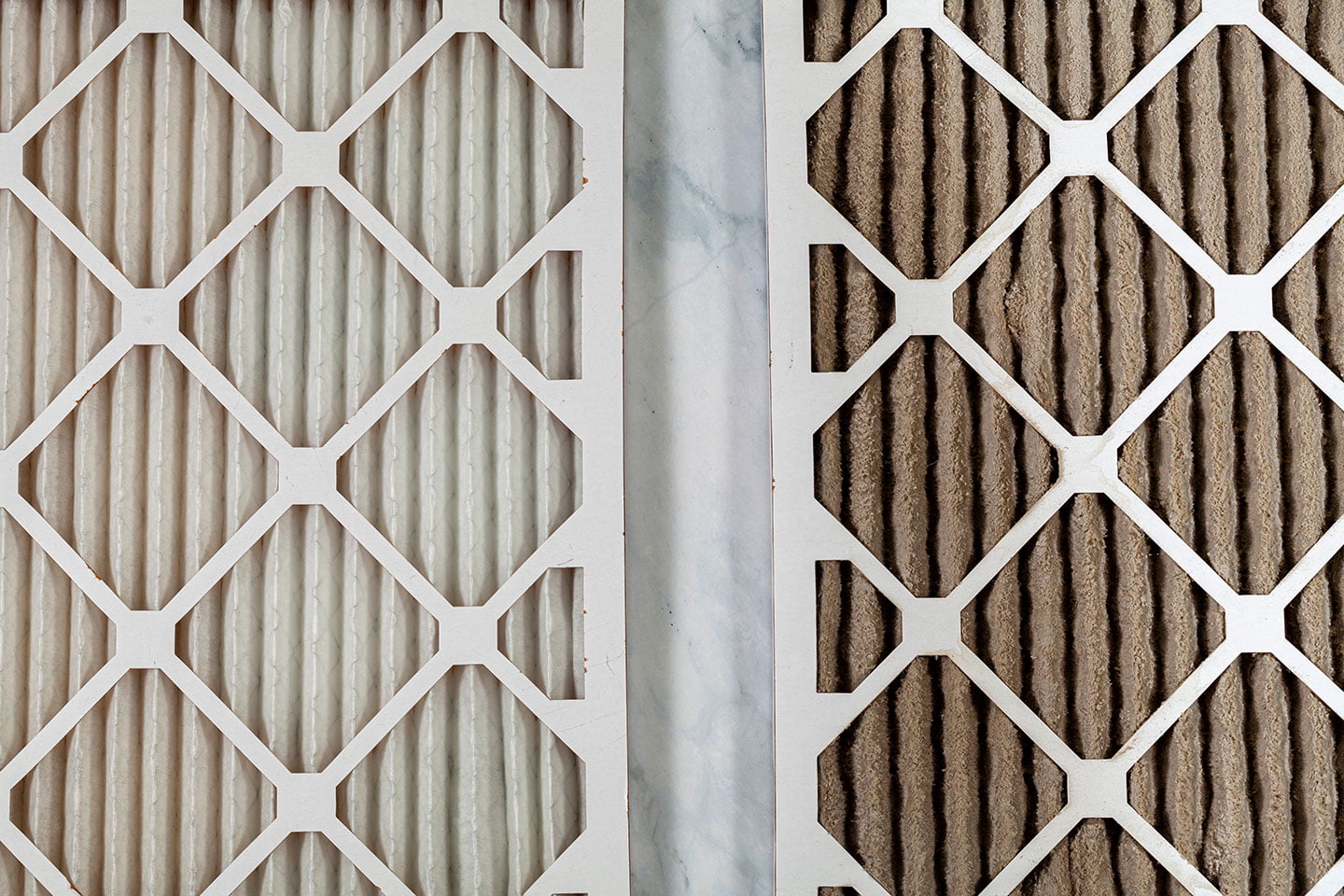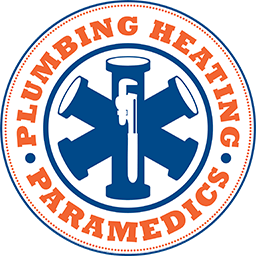
You know the importance of maintaining a healthy indoor environment, especially when it comes to the air we breathe. One of the key components to achieving great air quality is by choosing the best air filters for your AC and furnace. But with many options, how do you know which one fits your home best? Don’t worry; we’ve got you covered! In this article, we’ll guide you through the process of selecting the perfect filter to keep your HVAC system running smoothly and your indoor air fresh and clean.
How to Find the Best Air Filters for Your AC and Furnace
Before we dive into our expert tips, let’s take a moment to appreciate the unsung hero of your HVAC system – the humble air filter. This essential component not only protects your AC and furnace from dust and debris but also plays a crucial role in maintaining your indoor air quality. A high-quality air filter can help remove allergens, pollutants, and even viruses from the air, making it easier for you and your family to breathe comfortably at home. With that in mind, let’s get started on our journey to find the best air filter for your unique needs and Calgary’s ever-changing weather conditions.
Understand the MERV Rating System
The first step in finding the best air filter for your AC and furnace is understanding the MERV (Minimum Efficiency Reporting Value) rating system. MERV ratings range from 1 to 16, with higher numbers indicating better filtration capabilities. Here’s a quick breakdown of what those numbers mean:
MERV 1-4: These are your basic, low-cost filters that provide minimal filtration. They’re designed to protect your HVAC system from large particles like dust and lint but won’t do much for your indoor air quality.
MERV 5-8: These filters offer better filtration, capturing smaller particles like mould spores and pet dander. They’re a good choice for most homes.
MERV 9-12: These high-performance filters can trap even smaller particles like bacteria and fine dust. If you have allergies or asthma, this level of filtration might be a good choice for you.
MERV 13-16: Reserved for specialized applications like hospitals, these filters offer the highest level of filtration, capturing particles as small as viruses.
Keep in mind that while higher MERV ratings provide better filtration, they can also restrict airflow, which may cause your HVAC system to work harder and decrease its efficiency. It’s essential to strike the right balance between air quality and system performance.
Know Your HVAC System’s Requirements
Before you start shopping for an air filter, take a moment to review your HVAC system’s manual or consult with a professional to determine the recommended filter size and MERV rating. Using a filter with a higher MERV rating than your system is designed for can result in reduced airflow, increased energy consumption, and even damage to your equipment.
Consider Your Specific Needs and Current Home Air Quality
Now that you’re familiar with the MERV rating system and know what your HVAC system can handle, it’s time to consider your specific needs. Factors to consider include:
Allergies or asthma: If someone in your household suffers from allergies or asthma, investing in a higher MERV-rated filter can help reduce the presence of allergens and irritants in your home.
Pets: Pet dander and hair can clog filters quickly, so if you have furry friends at home, you might want to opt for a higher-rated filter to keep things fresh and clean.
Tobacco smoke: If someone smokes indoors or you live in an area with frequent wildfires, you might benefit from a filter with a higher MERV rating to help eliminate smoke particles.
Weigh the Pros and Cons of Different Filter Types
There are various types of air filters on the market, each with its own advantages and drawbacks. Here’s a quick overview of some common filter types:
Fibreglass filters: Inexpensive and disposable, these low MERV-rated filters are designed to protect your HVAC system from large particles. While they won’t do much for your air quality, they’re easy to replace and won’t break the bank.
Pleated filters: Made from polyester or cotton, pleated filters offer better filtration capabilities, typically with MERV ratings between 5 and 12. They’re a popular choice for many homeowners in Calgary and Alberta due to their balance of performance, cost, and energy efficiency.
Electrostatic filters: These filters use an electrostatic charge to attract and capture particles, making them effective at removing smaller contaminants. Some electrostatic filters are washable and reusable, making them an eco-friendly option. However, they may not be suitable for those with severe allergies or asthma.
HEPA filters: High-Efficiency Particulate Air (HEPA) filters offer the highest level of filtration with MERV ratings of 13 to 16. While they can effectively remove tiny particles like viruses and bacteria, they’re not typically recommended for residential HVAC systems in Calgary and Alberta, as they can restrict airflow and put a strain on your equipment.
Keep Alberta’s Climate in Mind
The climate in Calgary can have an impact on your choice of air filter. With colder winters and drier air, furnace filters play a vital role in keeping your indoor air comfortable and healthy. During these months, you may want to opt for a filter with a higher MERV rating to trap more particles and prevent the spread of viruses and bacteria. In the summer, when the air conditioner is in use, a filter with a slightly lower MERV rating might be more suitable to allow for better airflow and energy efficiency.
Prioritize Regular Maintenance
No matter what type of air filter you choose for your AC and furnace, it’s crucial to change or clean it regularly to maintain its effectiveness and keep your HVAC system running smoothly. A dirty filter can restrict airflow, causing your system to work harder and consume more energy, ultimately leading to higher utility bills and potential equipment damage. In general, replacing or cleaning your filter every 1 to 3 months is recommended, depending on factors such as filter type, usage, and whether you have pets or allergies.
Finding the best air filter for your AC and furnace might seem daunting at first. With the right knowledge and a little bit of research, you can make an informed decision that will benefit your home, your health, and your HVAC system. By understanding the MERV rating system, considering your specific needs, and keeping Alberta’s climate in mind, you’ll be well on your way to breathing easy and enjoying cleaner, fresher indoor air.
As always, if you need help selecting the right air filter or have questions about your HVAC system, the Plumbing & Heating Paramedics team is here to help. Give us a call or visit our website to schedule an appointment, and we’ll make sure your system is in tip-top shape for Calgary’s unique climate. Breathe easy, friends!
Do you choose your air filters based on the MERV rating? How often do you change your filter? Share your experience with our readers in the comments below.
Call us at (403) 452-2911 or Book Now an appointment.
Solving Persistent Toilet Bowl Filling Problems
Persistent toilet bowl filling problems can be annoying and wasteful, leading to higher water bills and potential damage to your plumbing system. Whether you're in Airdrie or elsewhere, tackling this issue promptly is crucial to [...]
Spring Air Quality Solutions for Your HVAC System
As spring approaches in Langdon, homeowners are often eager to enjoy the refreshing change in weather. However, along with the warmer temperatures, spring can also bring challenges related to indoor air quality. The increase in [...]
Proper Placement of Your Ductless Air Conditioning Units
Proper placement of ductless air conditioning units is often underestimated. By positioning these systems correctly, homeowners can significantly enhance their efficiency and comfort. In Chestermere, where summers can be warm and require effective cooling solutions, [...]






